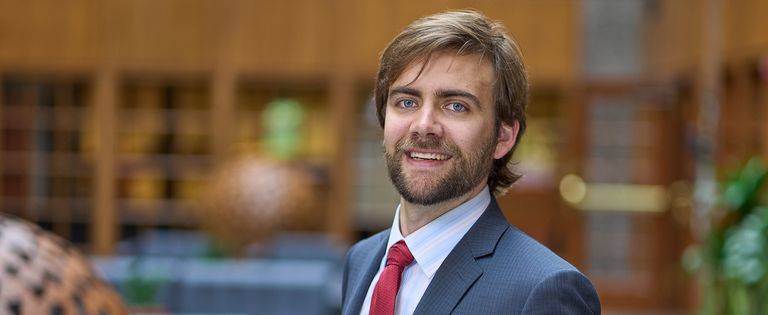Decision Alert: Supreme Court Unanimously Holds Confrontation Clause Implicated if Testifying Expert Conveys Absent Expert’s Basis for Opinions
Legal Alerts
7.18.24

On June 21, 2024, in Smith v. Arizona, the Supreme Court unanimously held that when an expert conveys an absent lab analyst’s statements in support of the expert’s opinion, and the statements provide that support only if true, then the statements come into evidence for their truth. Consequently, they implicate the Sixth Amendment’s Confrontation Clause. Justice Kagan delivered the majority opinion for the Court, vacating the Arizona Court of Appeals’ decision and remanding the case.
As previously summarized in Dykema’s February 2024 edition, Jason Smith faced charges related to five drug offenses. The drug evidence was sent to a crime lab for testing. A forensic analyst, who was to serve as the prosecution’s trial expert, conducted the testing and documentation but was unavailable for the trial. The state wanted to present the results through a “substitute” expert, but Smith objected because the substitute expert had conducted no testing or quality assurance checks and had not communicated with the former expert. Nevertheless, the substitute expert was allowed to testify, and the jury found Smith guilty. The Arizona Court of Appeals affirmed.
The Supreme Court reversed. The Confrontation Clause provides that “[i]n all criminal prosecutions, the accused shall enjoy the right… to be confronted with the witnesses against him.” The Clause, thus, protects a defendant’s right of cross-examination by limiting the prosecution’s ability to introduce statements made by people not in the courtroom. The Court’s opinion focused on whether the non-testifying expert’s statements were offered for their truth or to explain the testifying expert’s opinion. It determined that the initial expert’s statements came in for their truth because they were admitted to show the basis of the testifying expert’s opinions. And those opinions were predicated on the initial expert’s statements being true. But the Court chose not to resolve whether the statements the testifying expert conveyed were testimonial, a question that considers the statements’ “primary purpose,” and remanded for the question to be considered first by the state court.
Justice Thomas filed a concurrence, agreeing that the state court should evaluate whether the statements were testimonial, but that it should not examine each statement’s “primary purpose.” Instead, it should consider whether the statements have the requisite formality and solemnity to qualify as testimonial. Justice Gorsuch filed a concurrence voicing disapproval with both the intent of determining whether the statement was testimonial and the primary-purpose test. Finally, Justice Alito filed a concurrence, in which Chief Justice Roberts joined, to disagree with the proclamation that expert testimony will frequently violate the Confrontation Clause even if given in strict compliance with the Federal Rules of Evidence and similar modern state rules.
Takeaway
- A defendant has a right to confront the expert who evaluated the materials, conducted the testing, and produced the documentation that served as the basis for his opinion.
For more information, please contact Chantel Febus, James Azadian, Cory Webster, Christopher Sakauye, Monika Harris, Puja Valera, or A. Joseph Duffy, IV.






